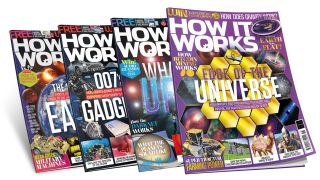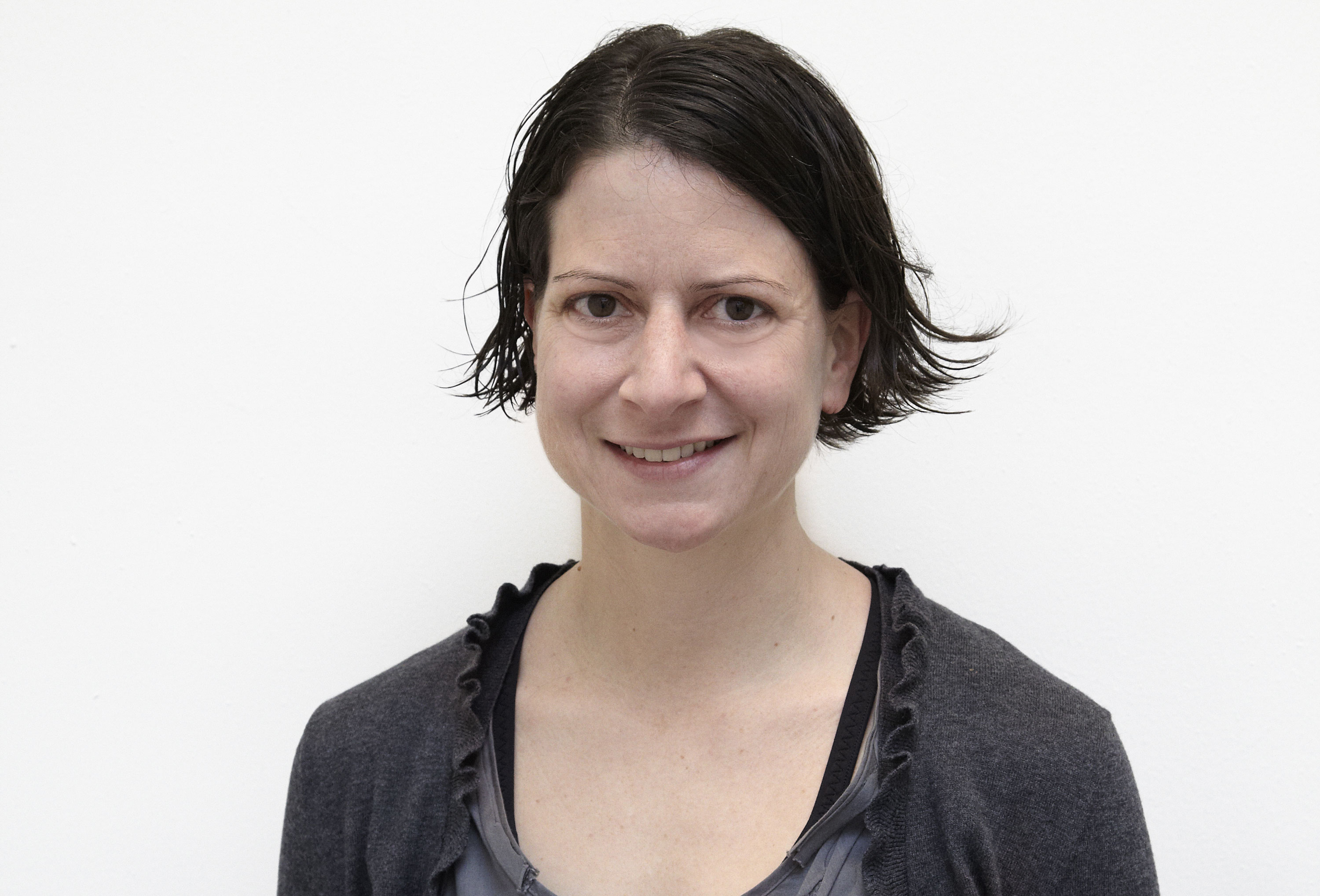Christmas sale: Read a free issue of How It Works magazine, plus save up to 57% on a subscription!
Nab massive savings on a subscription to How It Works magazine this holiday season!

Ever wondered what would happen if you fell down a black hole or how to build a supercar? Our sister publication How It Works is the action-packed magazine that’s bursting with the answers to your curious questions. Below, you can read an issue for free: just scroll down, enlarge to full screen and enjoy!
Every issue is jam-packed with the most exciting advances in science and technology and features everything you need to know about how the world around you — and the universe — works. Some features also include an augmented reality (AR) zone, whereby readers can use their smartphones to bring illustrations to life.
Written and presented in a style that makes even the most complex subjects interesting and easy to understand, How It Works is enjoyed by readers of every age.
Each issue also includes, the latest science news, gadget wish list, book reviews, competitions, puzzles and a fun science DIY projects for the whole family to enjoy.
Right now you can grab fantastic savings on subscriptions to How It Works, starting with our Christmas sale!
Christmas sale: Save up to 57% on a How It Works subscription
How It Works has a special formula for making learning fun by answering questions on science, space, history, technology, transport and the environment with engaging articles, in-depth special features, global science news, and topical interviews.
Get the Space.com Newsletter
Breaking space news, the latest updates on rocket launches, skywatching events and more!
Join our Space Forums to keep talking space on the latest missions, night sky and more! And if you have a news tip, correction or comment, let us know at: community@space.com.


